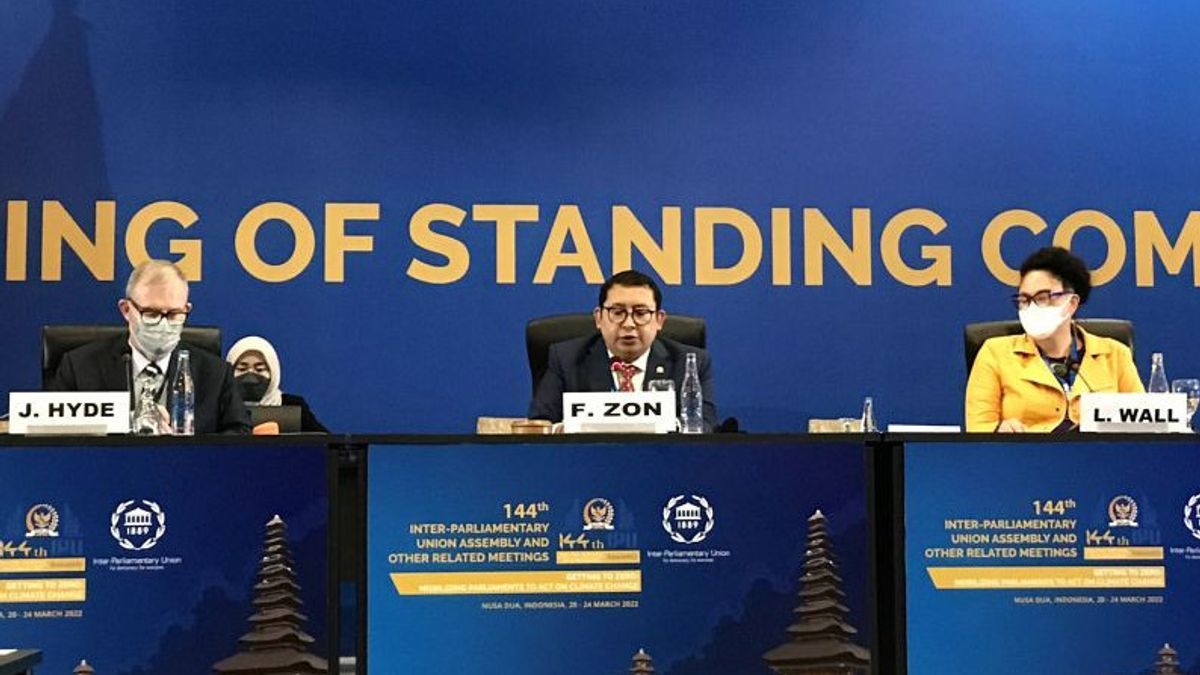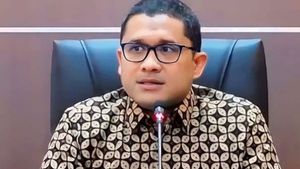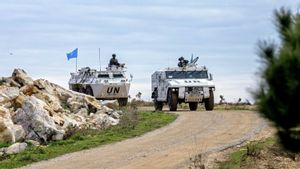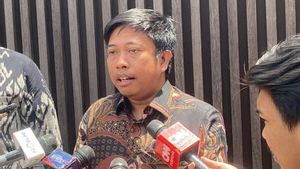NUSA DUA - Fadli Zon in a panel discussion held by GOPAC and the Inter-Parliamentary Union (IPU) in Bali, asked parliaments from various countries in the world to focus on recovering assets when taking action on corruption cases.
Fadli Zon, who is the Deputy Chair of the Global Organization of Parliamentarians Against Corruption (GOPAC) assessed that eradicating corruption is not only punishing corruptors but must recover stolen state assets.
"Instruments for dealing with corruption at the world level need to be strengthened by an effective asset recovery or return mechanism," said Fadli Zon when speaking at a panel discussion entitled "International Cooperation for Corruption Eradication and Asset Recovery" reported by Antara, Tuesday, March 22.
Stolen Asset Recovery Initiative data, there are 12.5 billion US dollars or around Rp. 179.2 trillion recorded as assets resulting from corruption that can be returned to state authorities. However, only US$1.8 billion has been returned to victims or relevant authorities.
A total of 888.7 million US dollars is still in the legal process, and assets worth 10.3 billion US dollars are still frozen pending the court's legal verdict, he said.
In many corruption cases, he said, the trial process often took years.
Therefore, Fadli believes that parliament has a duty to remove various obstacles in efforts to recover corrupted assets.
Several steps can be taken by the House of Representatives (DPR), including making legislation or reforming laws that support asset recovery.
"This step includes efforts to recover assets that do not require legal prosecution (NCB)," said Fadli.
Second, parliaments in each country need to create a solid basis for various types of mutual legal assistance (MLA) to be formed.
Third, the DPR in each country must strengthen its political will and commitment, build cooperation between countries, and garner support from various parties so that the corrupted assets can be recovered.
Fadli suggested that the parliaments in each country establish a system that oversees the asset recovery process and the use of funds in the future.
In the same discussion, the Deputy Chairman of the KPK for the 2015-2019 period, Laode M. Syarif, reminded members of the DPR that corruption is a fast-moving crime.
Thus, said Laode, conventional international cooperation is not effective for cracking down on cross-border corruption cases.
He gave an example of the corruption case of Nazaruddin, who had fled to various countries until he was finally arrested in Colombia.
Laode said that prior to the arrest, the officers had pursued him to Singapore, Vietnam and Cambodia. However, these efforts failed because the existing cooperation between Indonesia and these countries in practice requires time and a long process.
Laode, who is currently the Executive Director of the Partnership, suggested that there should be concrete cooperation between countries so that cross-border corruption can be eradicated.
He proposed to parliament to abolish tax havens.
Laode proposed the establishment of an International Anti-Corruption Court. However, the proposal in various world forums has not received much support.
Parliaments in the world, he said, must seek international sanctions for countries that are not cooperative in cracking down on cross-border corruption and recovering state assets.
The English, Chinese, Japanese, Arabic, and French versions are automatically generated by the AI. So there may still be inaccuracies in translating, please always see Indonesian as our main language. (system supported by DigitalSiber.id)













